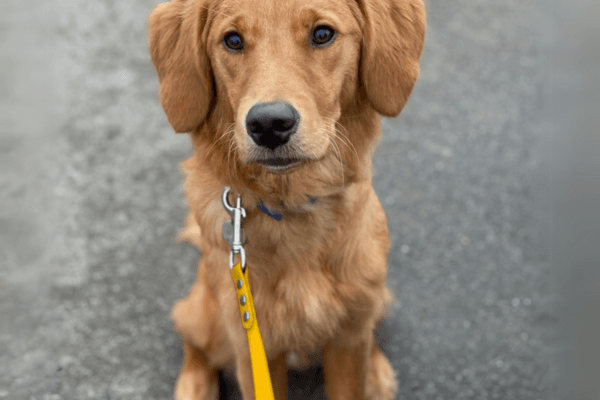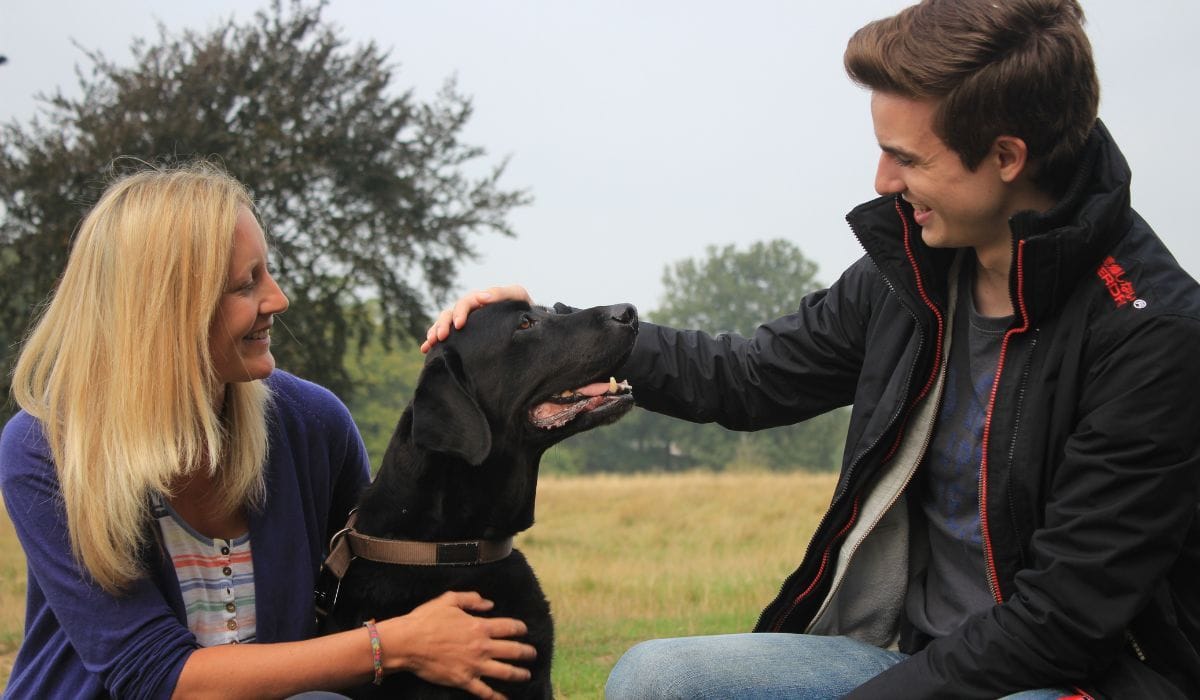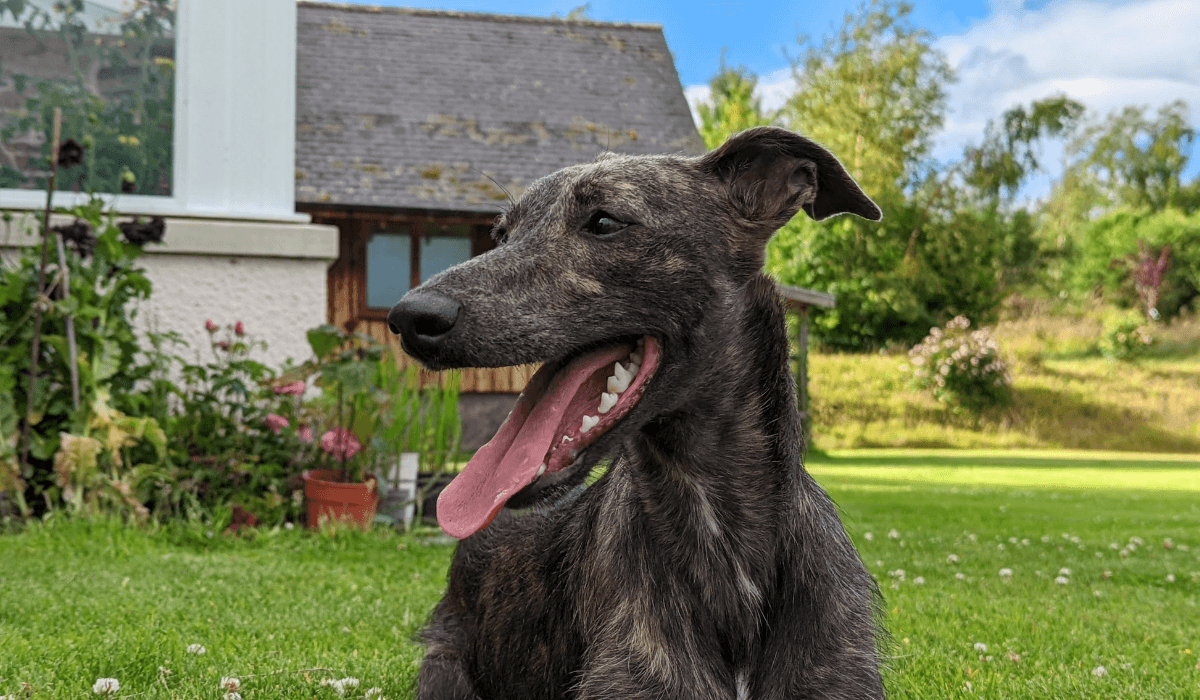Written by Dr. Sarah Colegrave, Veterinary Surgeon, Clinical Director, MA VetMB BSAVA PGCertSAECC PGCertSAS MRCVS
Reviewed by Dr Jill McMaster BVM&S MBA MRCVS, Veterinary Surgeon and in-house expert at BorrowMyDoggy on 6 Jun 2023
Sarah Colegrave, My Family Pet vet and Clinical Director at Mill House Vets in Norfolk, shares some essential info on essential oils…

Essential oils have become more popular over the past few years… but this doesn’t necessarily mean they’re the best method of treatment for dogs.
Holistic medicines and aromatherapy are more common now, and they certainly have their benefits, but there are serious risks associated with using essential oils to treat dogs too.
Essential oils – what are they?
They’re strong-smelling compounds, found in plants. Essential oils change from a liquid state to a vapour state easily, in normal temperatures too – making them easy to store in spray bottles. They come in many forms: they can be ingested, applied to the skin (or fur in our pets’ case) or used as part of aromatherapy.
Popular essential oils include Melaleuca (Tea Tree), Frankincense, Peppermint, Lemon and Oregano.
Useful for humans, but not necessarily for dogs?
Actually, several essential oils are very poisonous to dogs – including Tea Tree, Cinnamon, Peppermint, Pine, Pennyroyal and Citrus.
Certain essential oils may be very useful, but often as an ingredient in another product. It’s never wise for an owner to use an essential oil (or any mode of treatment, for that matter) to treat their dog without first consulting their vet or nurse.
In some cases, for example, it may be safe to apply oil to a dog’s coat but that same oil is poisonous if ingested, so it’s important to think about where you apply it, as well as how much, how often and how long for.
If in doubt – get your pet checked out!
Essential oils are very strong
These products smell strong to us… think how strong they smell to our dogs, whose sense of smell is much greater than ours.
Scent is a key part of a pet’s environment. Much like being put in a new bed or switched onto a new diet, an unfamiliar scent can be very unsettling for dogs – even if it’s nice!
How to use essential oils properly?
Always ask your vet or nurse first. This goes for any kind of treatment you may be thinking about giving your dog.
This article is for information only, and should never replace any advice, diagnosis or treatment from your veterinary surgeon. Always contact your local vet or out of hours vet without delay if you have any concerns about your dog.





